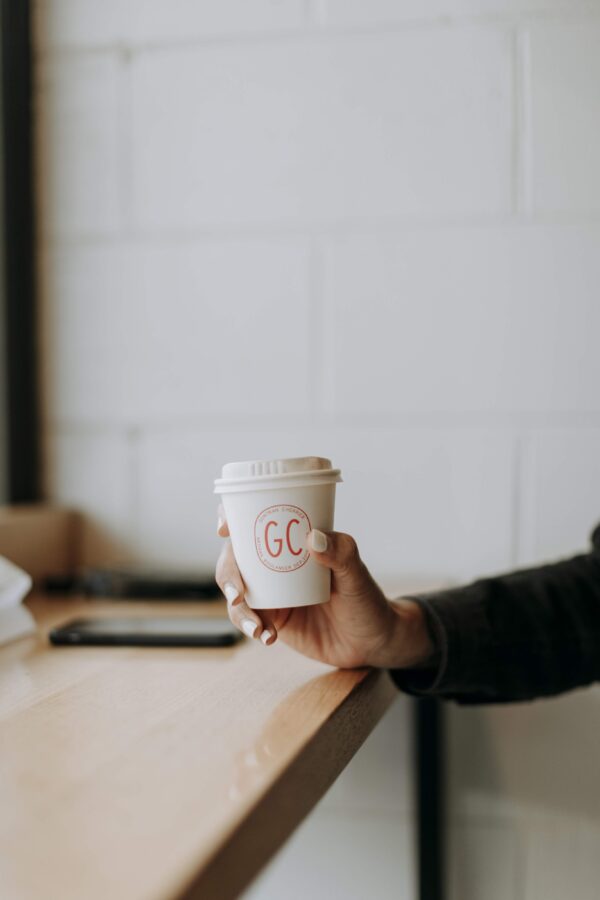
In the latest edition of Copa Coffee, we catch up with Matildas striker Kyah Simon to discuss her devastating omission from the 2019 FIFA World Cup, following a prolong period of injury – a disappointment juxtaposed against the growing, positive momentum within the women’s game globally. Kyah was interviewed at Melbourne’s Gontran Cherrier, a cafe with a French flair and captured by PFA photographer, Aleks Jason.
The dream for Kyah Simon was to feature in France.
But not as a pundit on the TV broadcast. She wanted to be on the pitch, proudly wearing the green and gold on the grandest stage.
The reality was unfortunately very different.
Despite being only 27, Simon is a veteran of the women’s national team, having made 87 appearances since her debut at the age of 16.
After some early highs in her career – including scoring the winning penalty at the 2010 Women’s Asian Cup and becoming the first Indigenous Australian to score at a FIFA World Cup in 2011 – Simon’s luck has changed dramatically and she has been unable to complete a full season without injury since 2012.
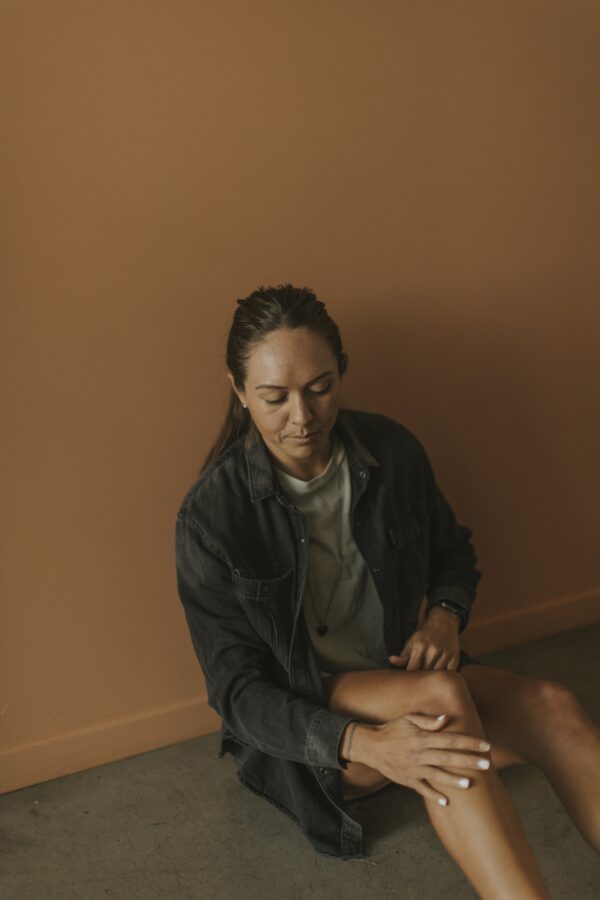
However, after a string of recurrent injuries, Simon had somehow stayed positive in the lead up to France 2019 and still had ambitions to enter the World Cup injury-free.
After such a wretched period, Simon was sure good fortune would finally be on her side.
Since Canada 2015, Simon had accrued a catalogue of injuries, undergoing a knee reconstruction, two shoulder surgeries, soft tissue tears, and an ankle reconstruction.
Leading into France and despite these setbacks, the early signs were positive. After ankle surgery in January, Simon had five months to prepare for the tournament and rehab had gone to plan.
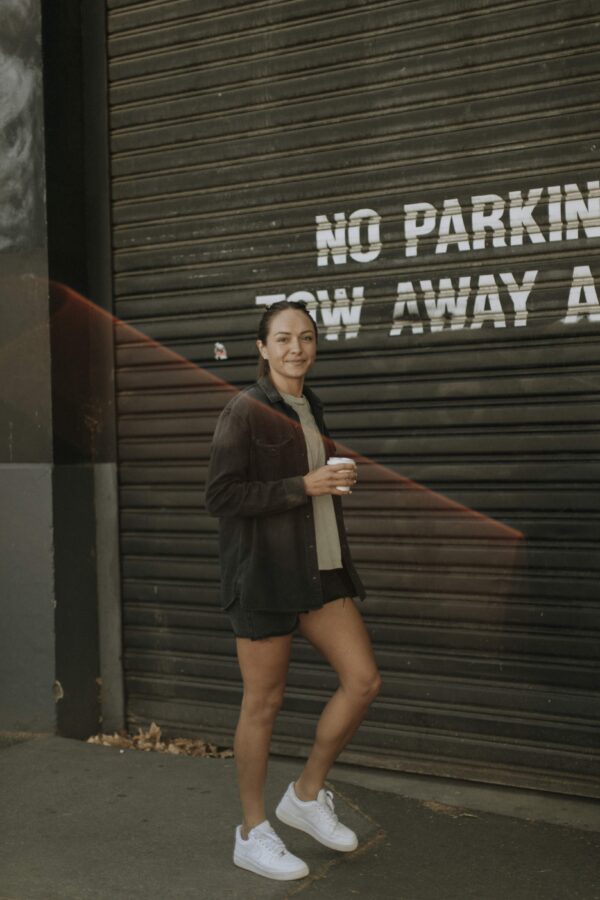
But the first setback came in the form of a controversial omission from the final 23-player squad for the World Cup, due to a lack of game time. Then, joining the squad as an emergency player, Simon suffered a recurrence of a hamstring injury in the Matildas pre-tournament camp in Antalya, Turkey.
“It was shattering to be honest. To have pushed myself to the limits and done everything in my power to rehab from my ankle surgery in January, then to fall short and be re-injured was heart breaking for me, it knocked me around emotionally.
“I’ve had a few really tough moments and mostly during the times I’ve been injured. The toughest time I’ve had would have to be the past 12 months. The amount of times I’ve considered retiring or giving up – I’ve lost count.”
No one would have blamed Simon for giving the game away, but her long history of injuries has built a high level of resilience, helping her to bounce back time and time again.
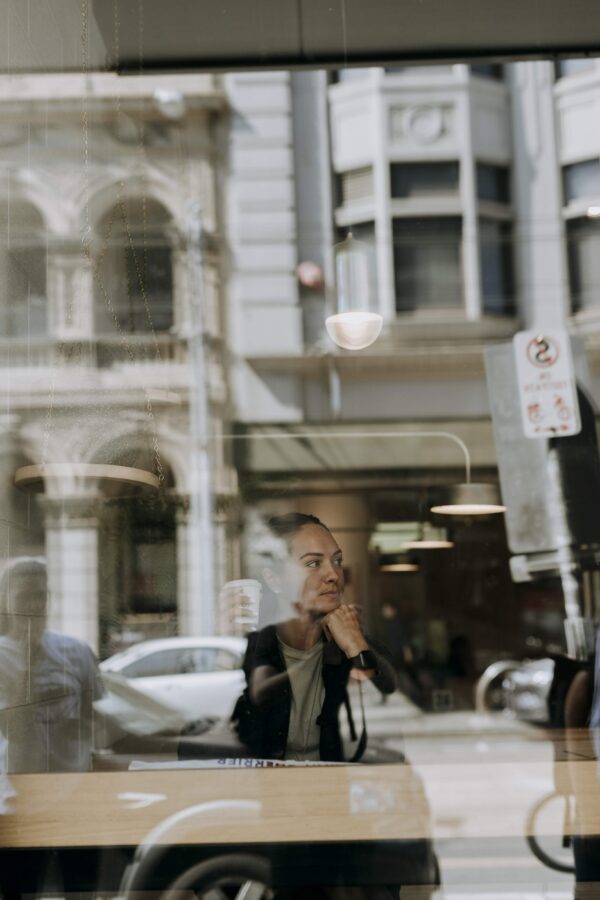
“I allowed myself a few days to feel sorry for myself and be down and out [after the injury in camp in Turkey].
“I went over and over in my head going through what I could have changed or done better and at the end of that reflective period, I came up with nothing. That gives me peace of mind and accepting that it just wasn’t meant to be.
“Then after that I flicked a switch and tried to turn a negative situation into a positive frame of mind, reminding myself there’s always another football game to be played and the world goes on. Making my priority to be injury free really motivated me to keep pushing and allowing the universe to take its course.”
As well as a positive attitude, Simon’s network of friends and family have been key to her recovery.
“Having a strong support network in close friends and family helped me get back on track and focused to get fit and healthy again.
“For me it was holding my head high and being proud of the amount of effort, hard work and training I had done over the past four months, knowing deep down I did everything I possibly could allowed me to deal with the situation better and put that disappointment to bed easier.”
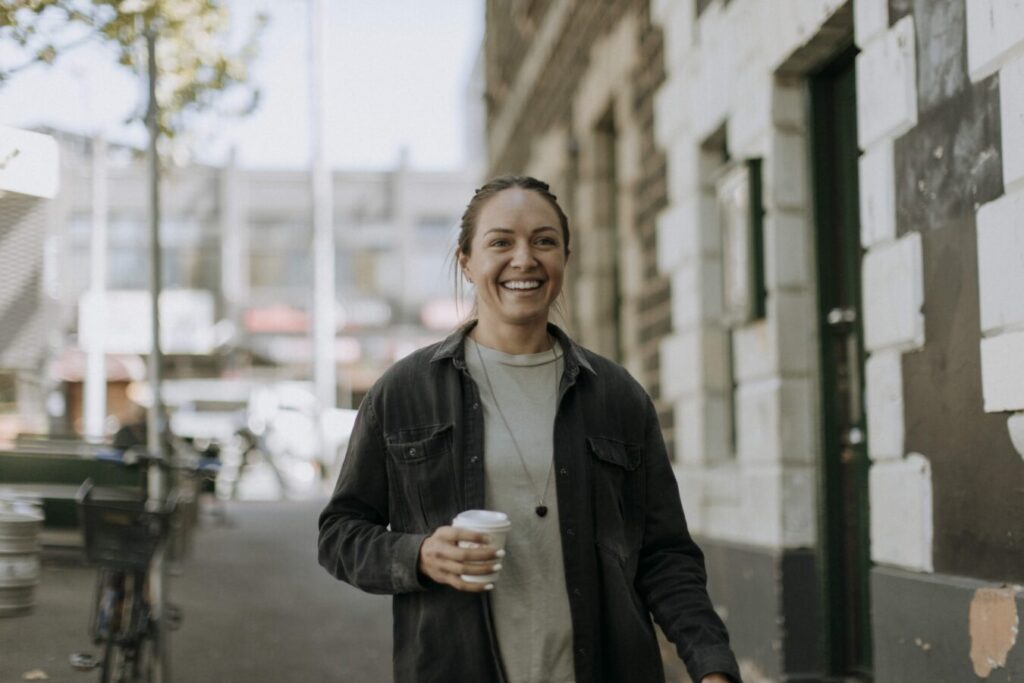
Once Simon was ruled out of the World Cup she decided to stay involved and join the Optus Sport coverage team as an analyst, although watching from the sidelines wasn’t always easy.
“I feel blessed and grateful that I still had the opportunity to be a part of the World Cup in a different capacity. I would have obviously preferred to be playing, but best-case scenario was still being able to be there to support the girls for their first game and still feeling like I was a part of the tournament by being there.
“I think I was more nervous watching and not being able to impact the game in any way; it was nail-biting. I didn’t like it; I much prefer to be out there with the girls contributing through my football.”
Now Simon is focused on doing everything she can to get healthy for the Tokyo Olympics in 2020.
Recently she’s started working with American sports dietician Ashley Besecker, who specialised in the increasingly popular field of Nutrigenetics, where a person’s health, injury risk and nutritional needs are predicted by their DNA.
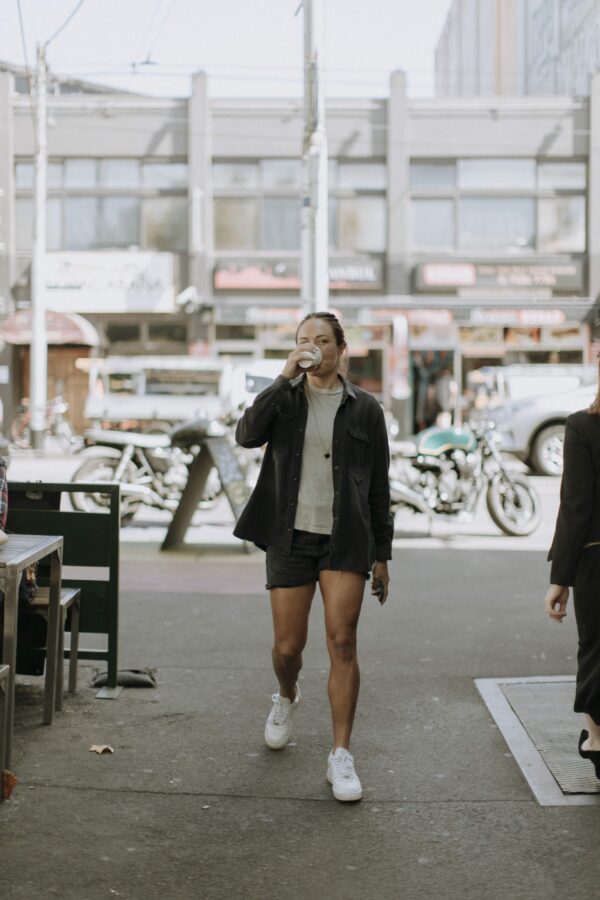
“I wish I had got this test done 10 years ago and maybe would have been able to prevent some of the injuries I have had, but now knowing the areas I need to pay more attention to in my training and strength program, gives me more clarity and guidance of the best ways to stay injury free. My desire to play football and get back to playing without any pain in any area of my body, ultimately is the feeling I yearn for.
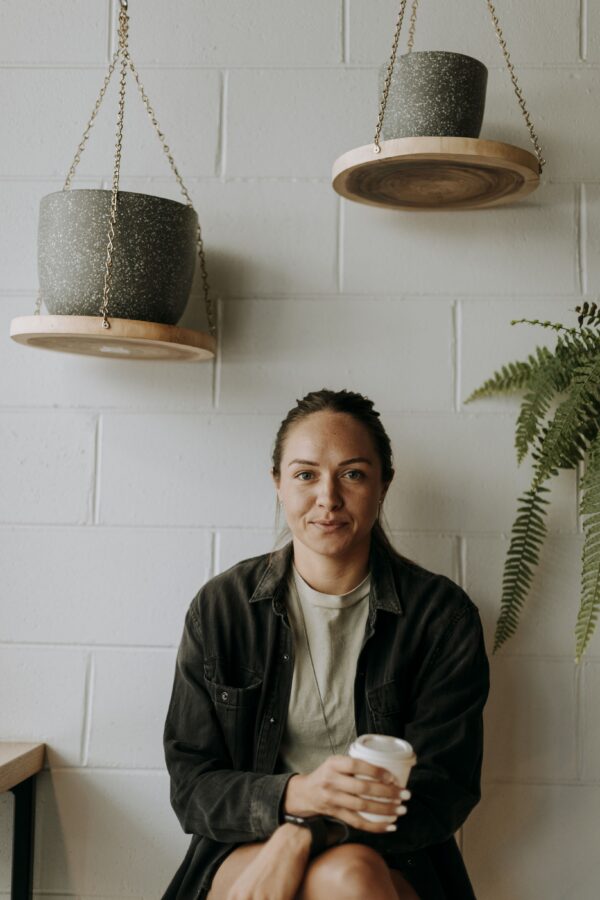
“My first year in Boston playing pro in America, I was at my fittest, injury free and healthy and was at the highest point of my career on a personal level.”
Despite the setbacks, the consistent failings and subsequent learnings, the monotonous rehabilitation and the emotional toll of her situation, one of the great positives from Simon’s World Cup experience on the sidelines was seeing the wave of support and interest in women’s football globally.
“I think with the movement surrounding female athletes and equality, the World Cup is a platform to display the most talented, powerful and athletic footballers in the world. It’s a month to inspire and empower females all over the world, not just through football, but through any areas of life.
‘It’s amazing to see the traction that the female game is getting now, there is still a long way to go, but it is great to see where the sport is heading.”
While Simon will hope that her path to the 2020 Olympics is injury and pain-free, her belief in the growth of the women’s game has provided an extra layer of motivation.
